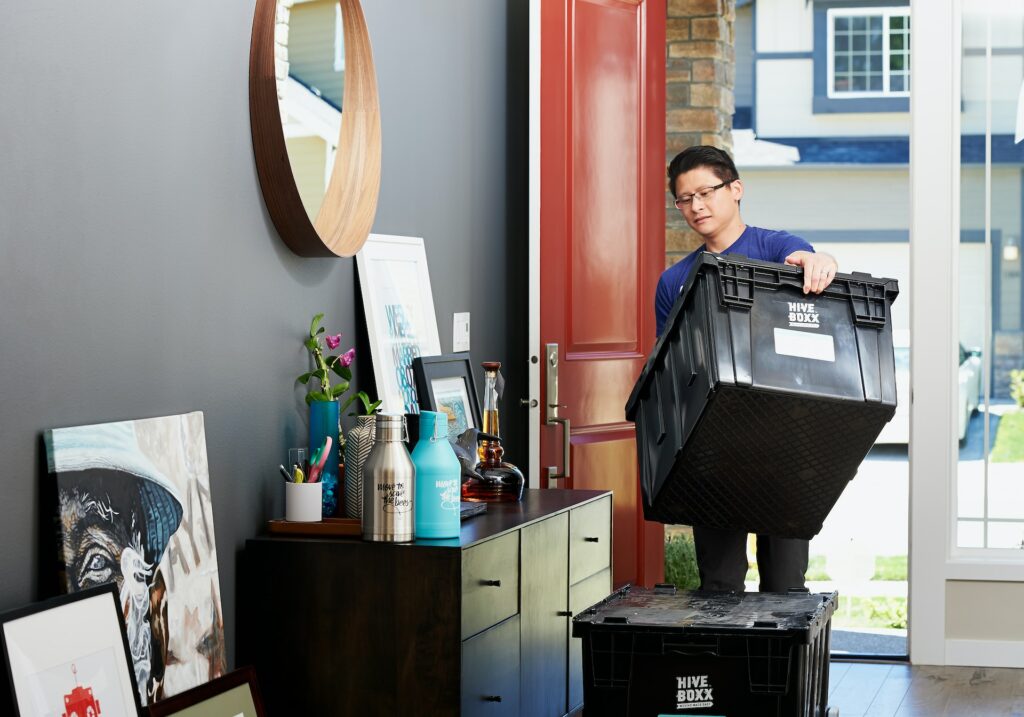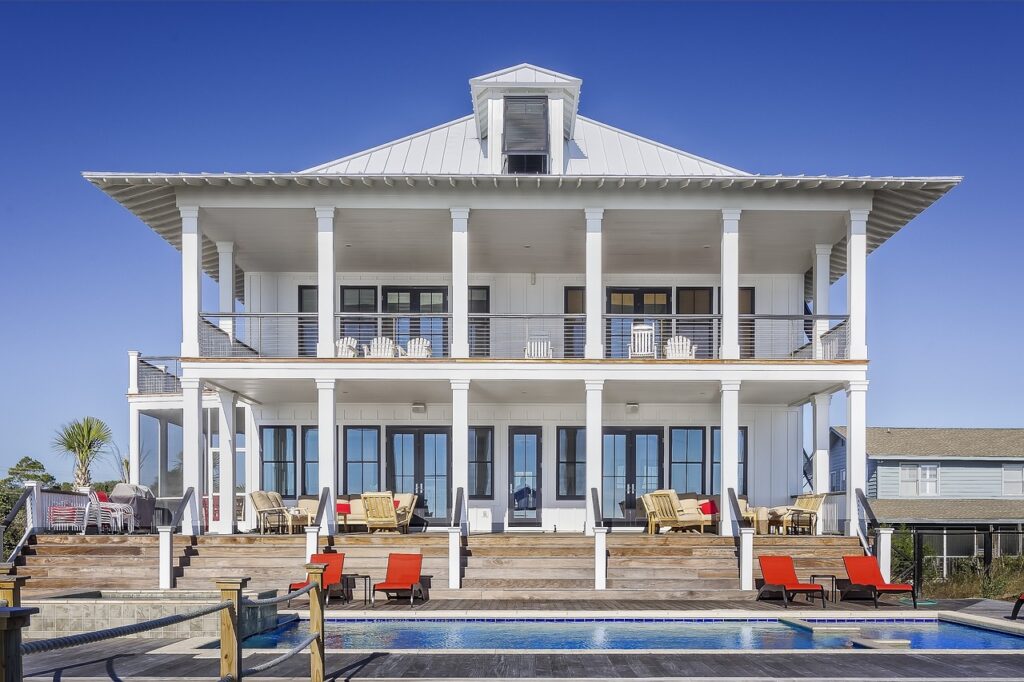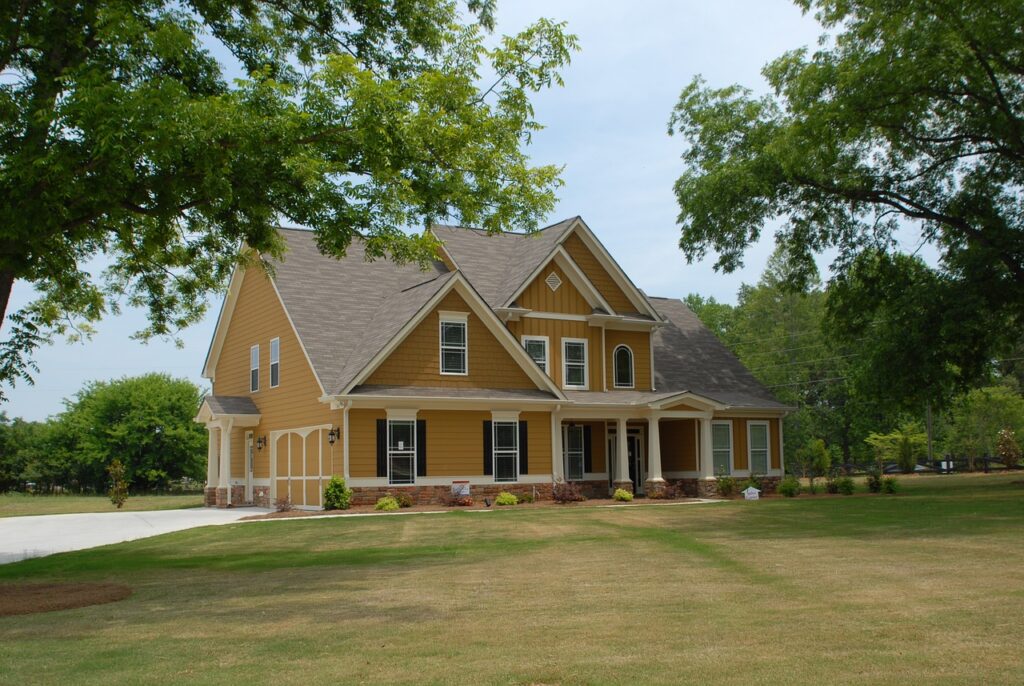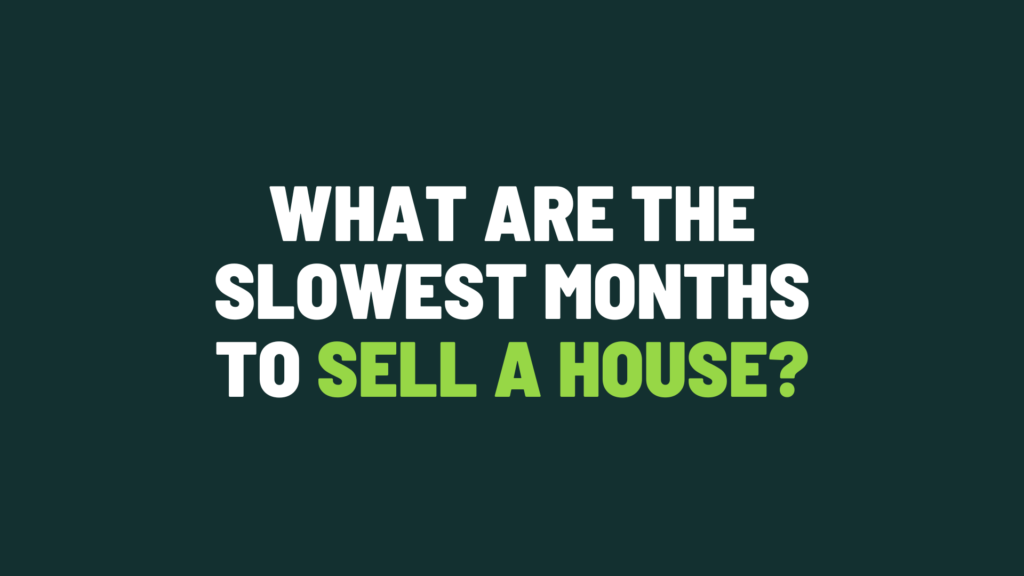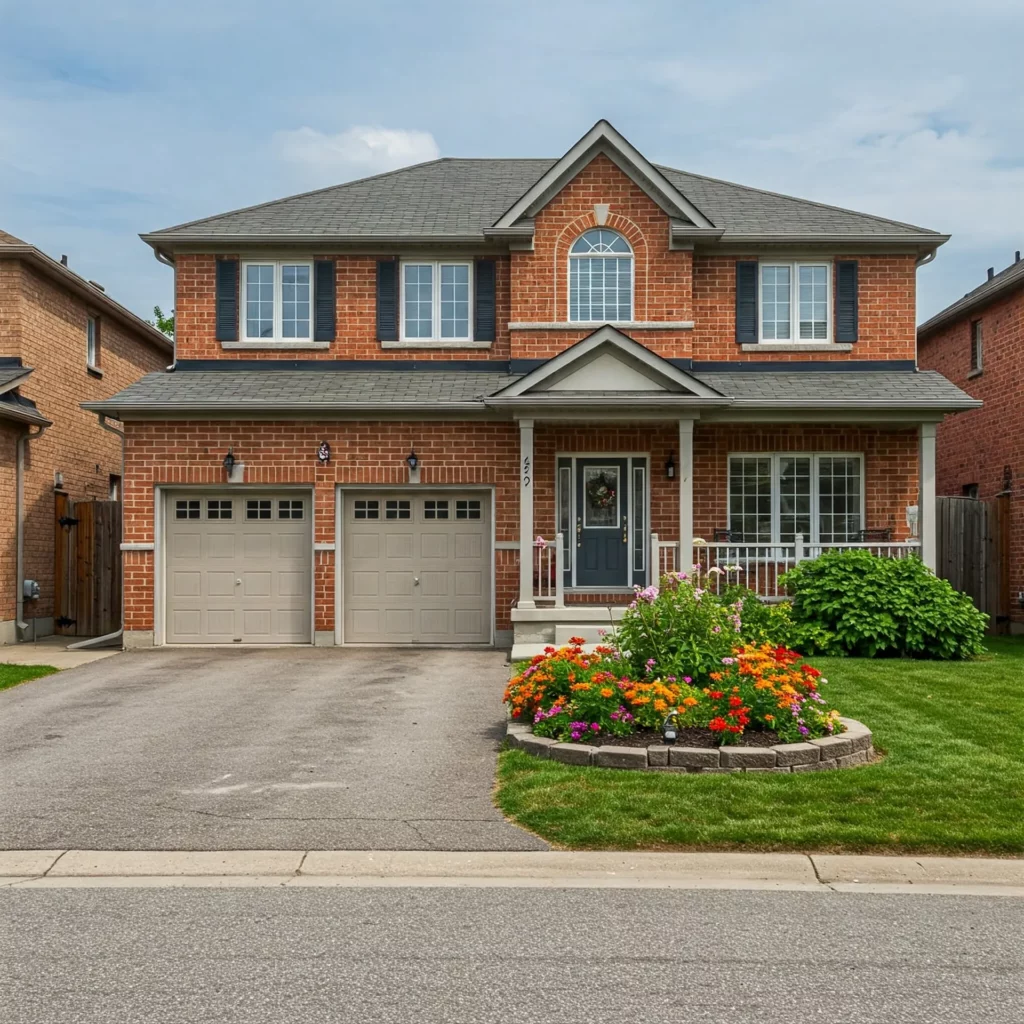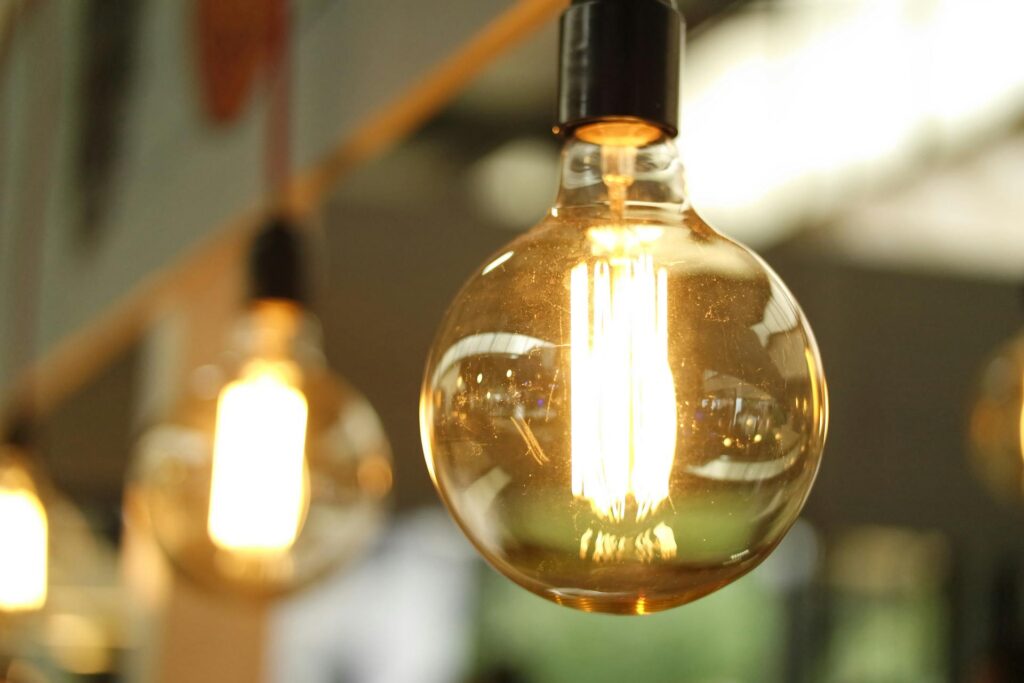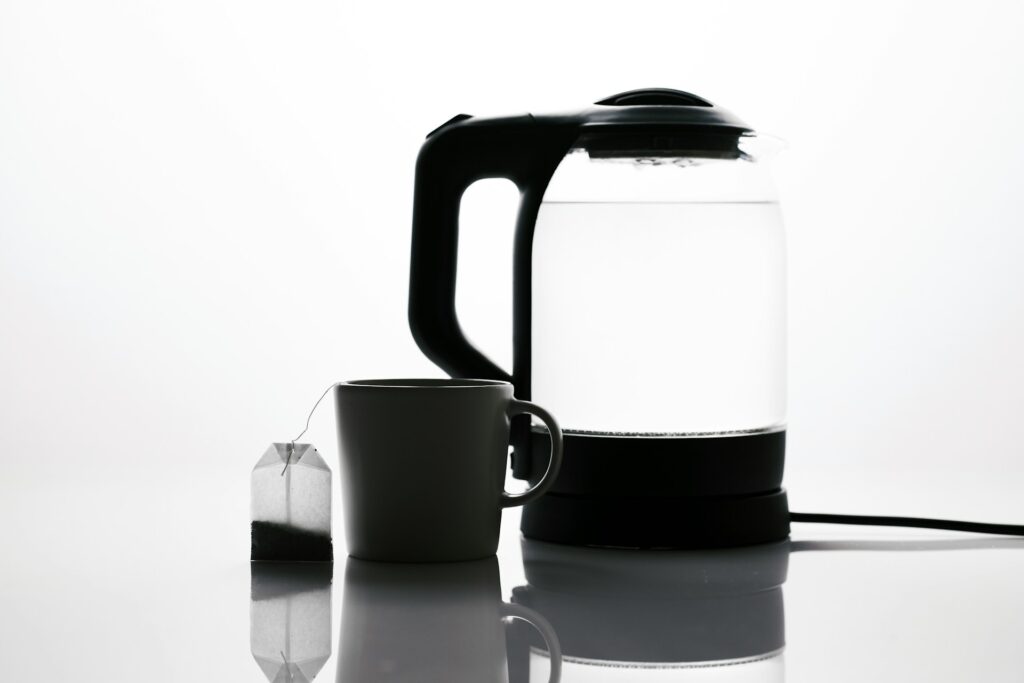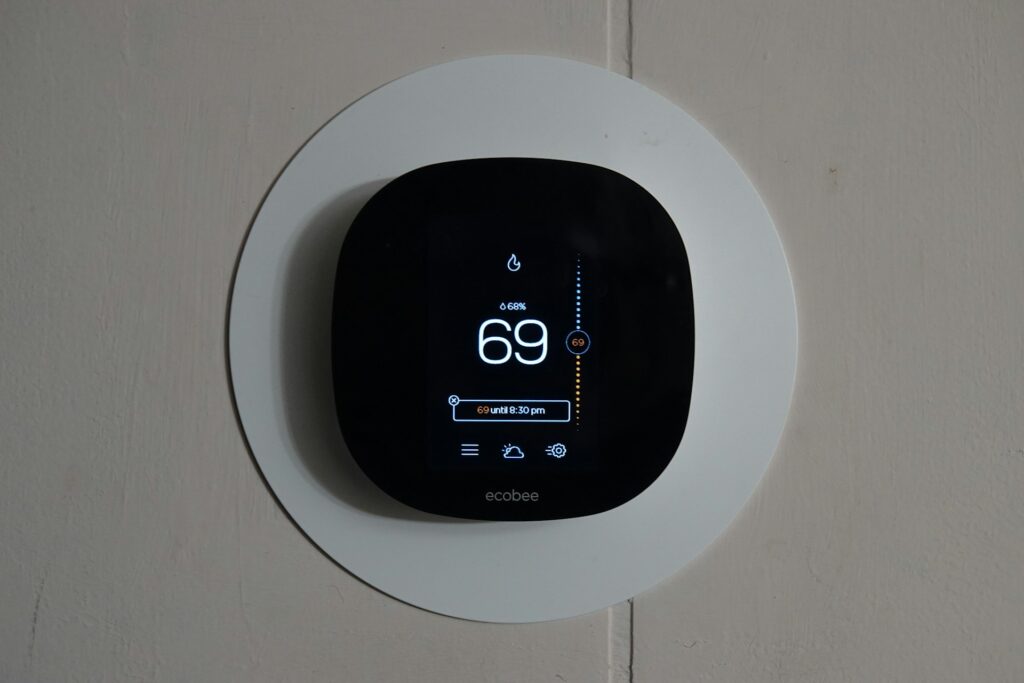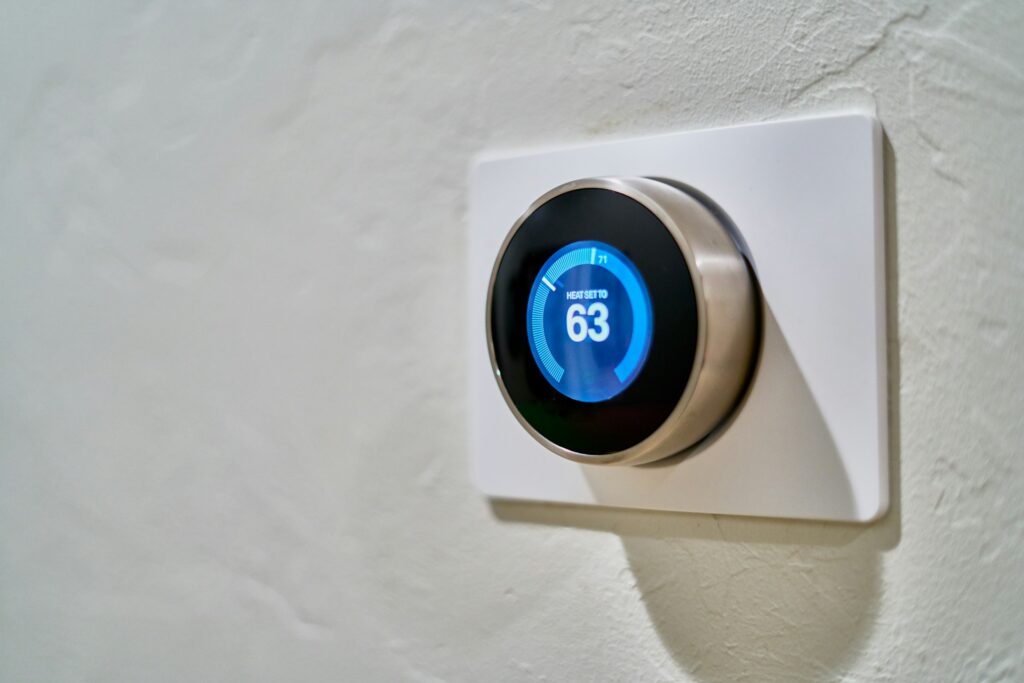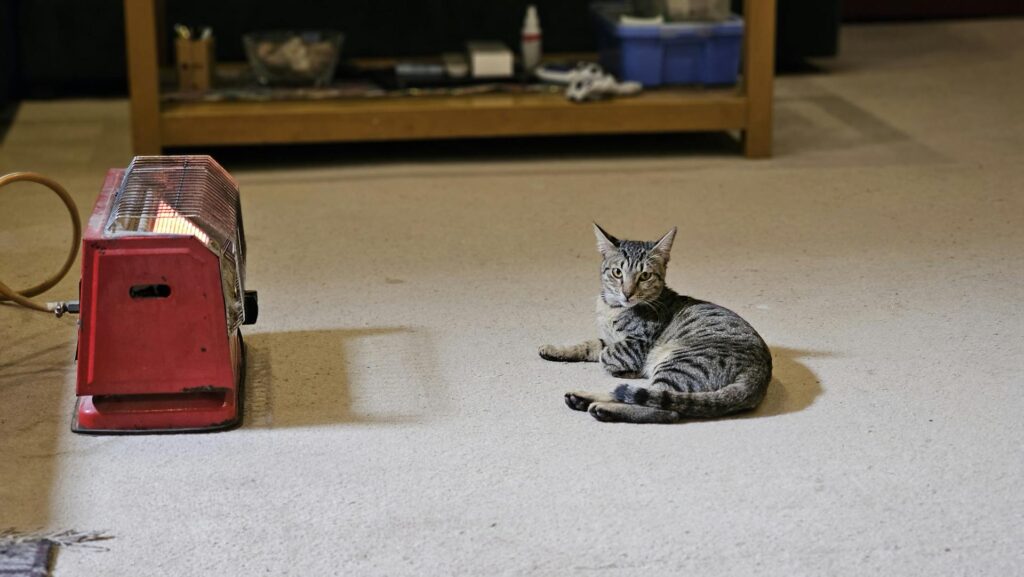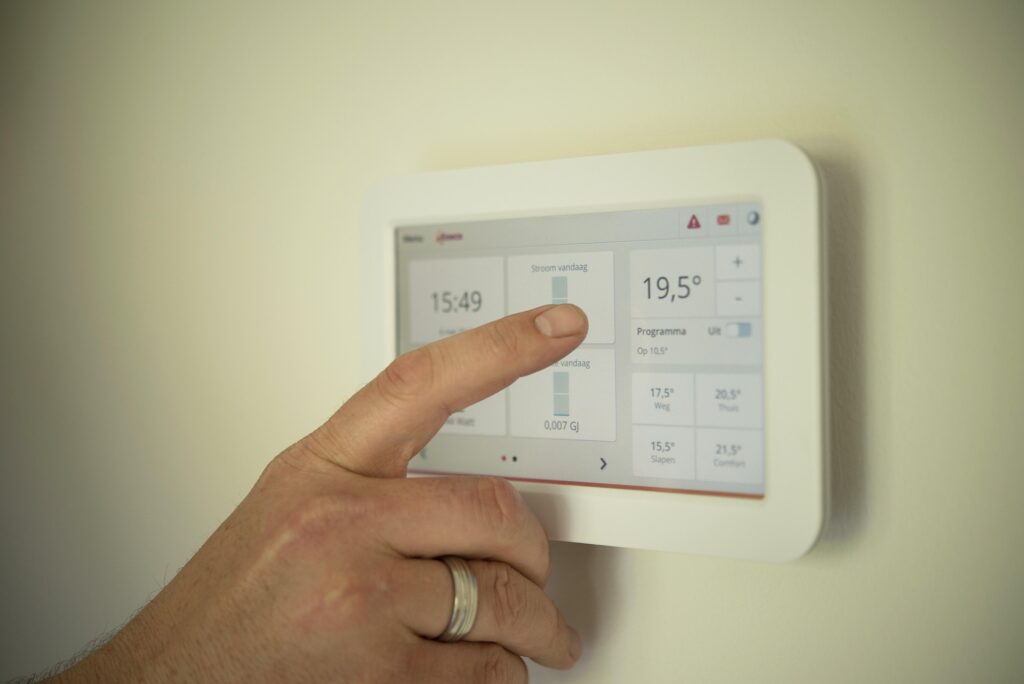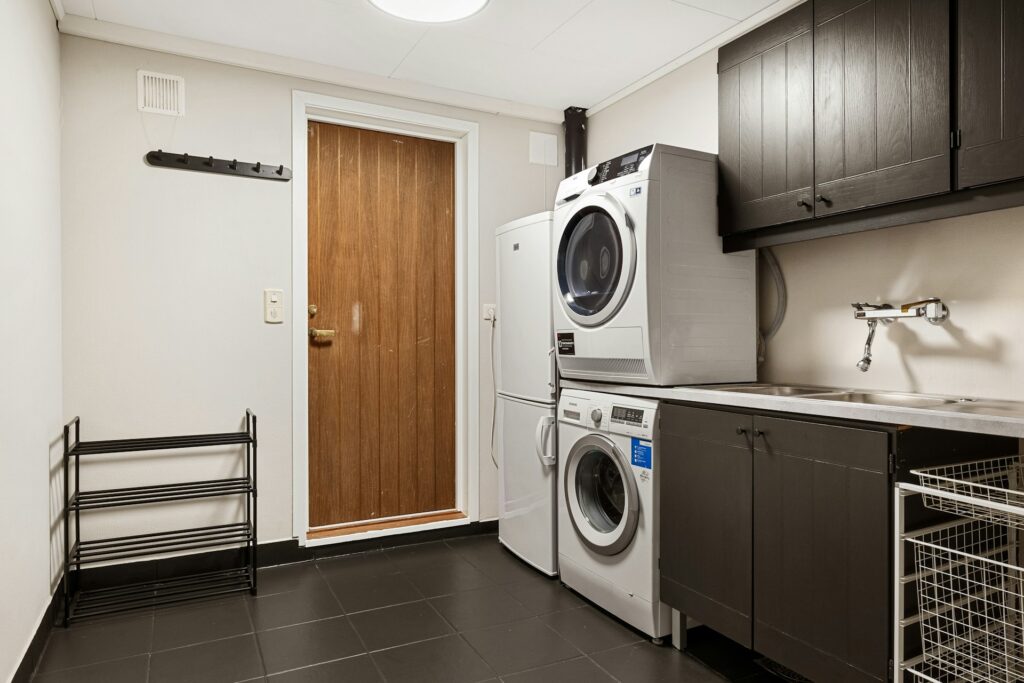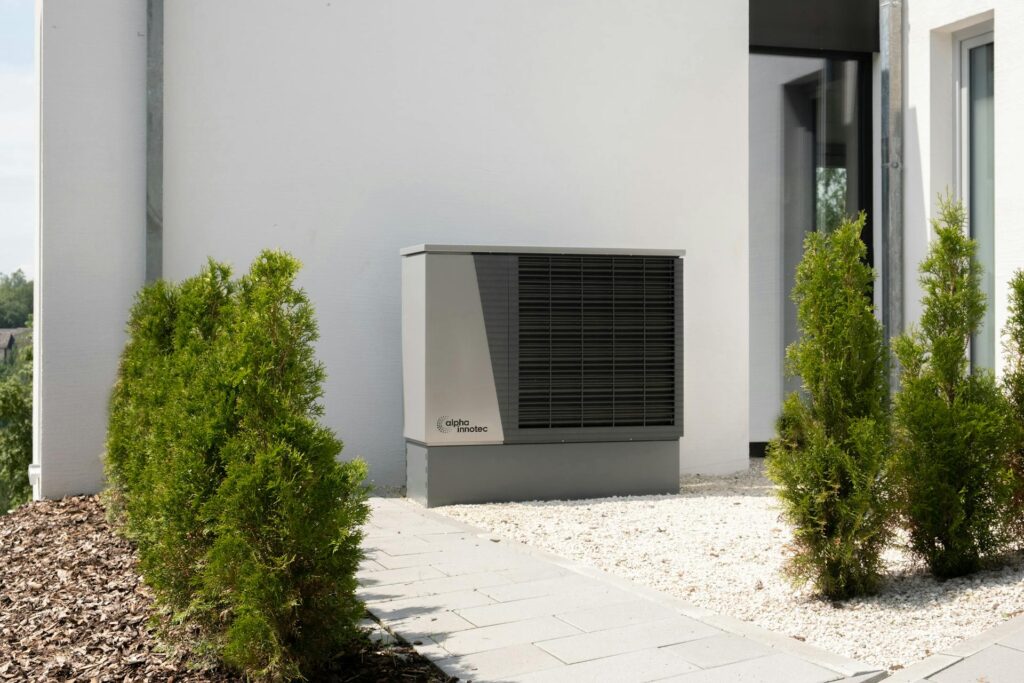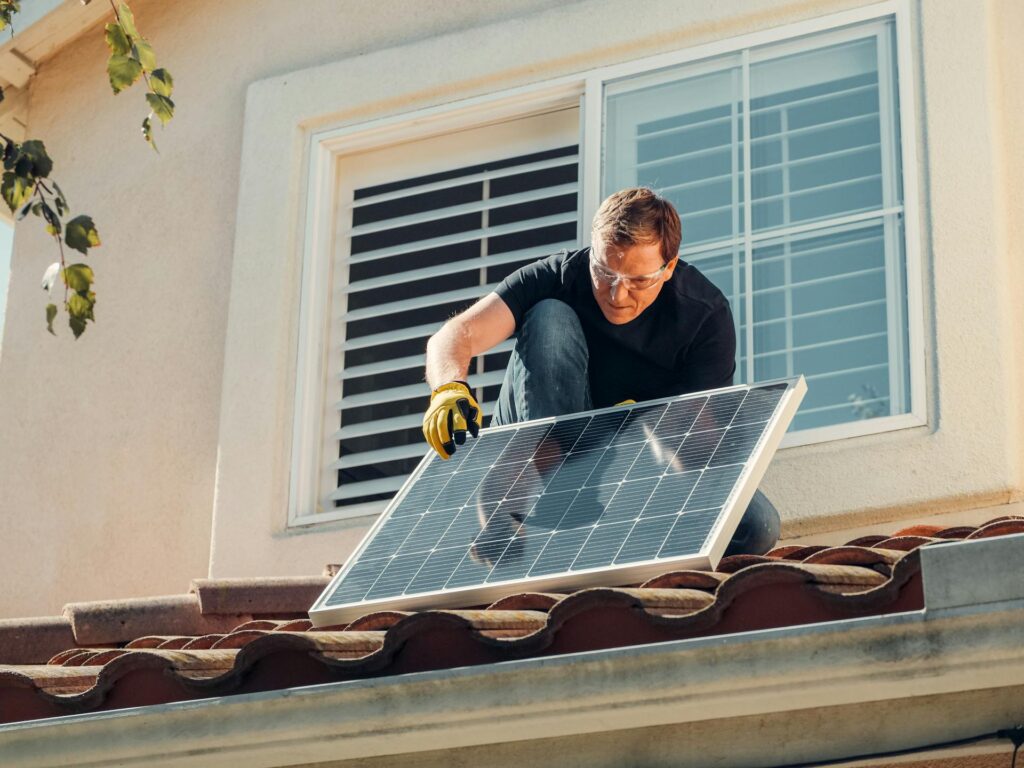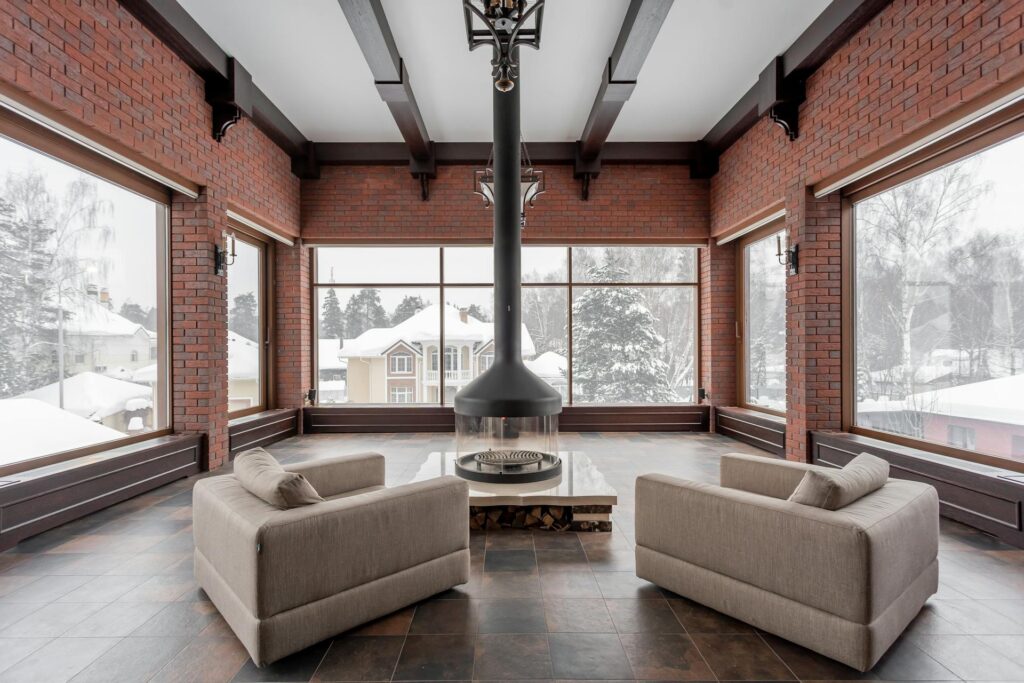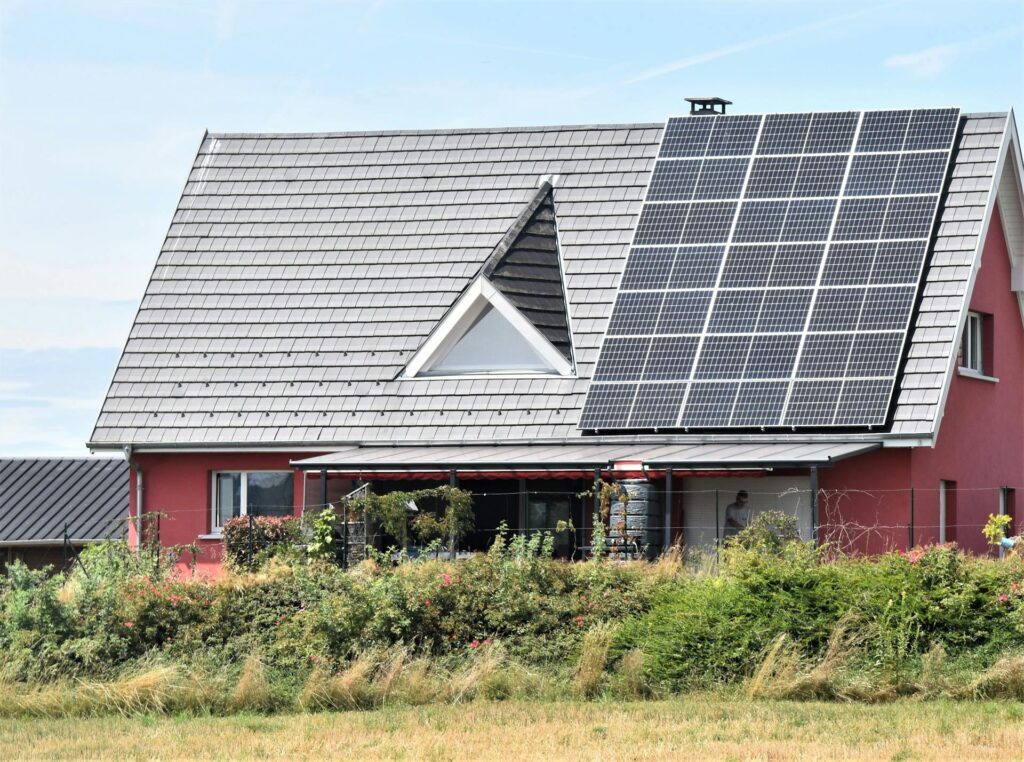Question: What are the Slowest Months To Sell a House? Answer: The slowest months to sell a house are typically November through February due to holidays and winter weather. However, this can vary based on local market conditions. Seasonal Trends in Real Estate Selling a house involves many factors. One key factor is timing. The […]
Question: What are the Hardest Months To Sell a House? Answer: The hardest months are typically November through February due to holidays, cold weather, and fewer buyers. However, market conditions can vary. Seasonal Trends in the Housing Market Selling a house involves many factors, including timing. The housing market fluctuates throughout the year, influenced by […]
Question: How Quickly Do Most Houses Sell? Answer: How quickly houses sell depends on market conditions. In a seller’s market, homes can sell in days or weeks. In a buyer’s market, it can take months. Average Time on Market How quickly do most houses sell? This question sits top-of-mind for many homeowners considering listing their […]
Question: What are the Best Numbers to use When Selling a House? Answer: The best numbers to use when selling a house are accurate, realistic numbers. Use comparable sales data, consider necessary repairs, and factor in market conditions. Don’t inflate or underestimate; transparency builds trust and achieves the best outcome. Figuring out Home Pricing: What […]
Question: How Long Do Most Houses Stay on the Market? Answer: How long a house stays on the market depends on various factors, but typically, homes sell within 25-90 days in a balanced market. Hot markets see homes sell much faster, sometimes in a matter of days. Understanding Average Listing Times for Homes How long […]
Why Some Homes Sit on the Market Selling a home is often envisioned as a streamlined process, yet the reality can be quite different. Occasionally, properties linger on the market far longer than anticipated, leaving both sellers and potential buyers perplexed. This article looks at this phenomenon, providing a comprehensive exploration of the multifaceted reasons […]
Question: What is Real Estate Schedule A? Answer: Real Estate Schedule A is a tax form used in some jurisdictions to report and claim deductions for property taxes paid. It helps homeowners reduce their overall tax liability. Understanding Real Estate Transactions When you buy or sell property, paperwork becomes a key part of the process. […]
Understanding the Differences Between Schedule A and Schedule B Real estate transactions involve many documents. Two key documents are Schedule A and Schedule B. They outline specific details and agreements in a property sale. Knowing the difference between Schedule A vs Schedule B in real estate is important for buyers and sellers. For more information […]
Question: What are Flex Use Properties? Answer: Flex use properties are versatile spaces, blending office, warehouse, or retail functions. They typically feature adaptable layouts, high ceilings, and loading docks, suitable for diverse business needs and easily reconfigured. Understanding Flex Use Properties Flex use properties represent a unique and increasingly vital category in commercial real estate. […]
Question: Do You Pay Tax When Buying a House? Answer: Yes, you typically pay taxes when buying a house, most commonly in the form of land transfer taxes. The amount varies by province or territory and property value. You may also owe other taxes related to the purchase. Understanding Taxes and Home Purchases in Canada […]
Question: Does an Above Ground Pool Add Value to a Home in Ontario? Answer: Above ground pools rarely add significant value and may even slightly detract if buyers prefer the yard space or view them as a maintenance burden. Considering an Above Ground Pool? Weighing the Impact on Your Ontario Home’s Value Installing a pool […]
Question: Does a heat pump use a lot of electricity?Answer: Heat pumps use electricity, but are generally more efficient than traditional electric resistance heating. They move heat rather than generating it, leading to lower operating costs in many cases. Understanding Heat Pump Energy Consumption Does a heat pump use a lot of electricity? This is […]
Question: Does Leaving a Kettle Plugged in Use Electricity? Answer: Leaving a kettle plugged in uses a tiny amount of electricity, even when switched off. This “phantom load” powers the internal circuitry, but it’s minimal compared to boiling water. The Hidden Costs of Plugged-in Appliances: Does Your Kettle Drain Your Wallet? We often overlook small […]
Question: Does Leaving a Plug in a Socket Use Electricity? Answer: Leaving a plug in a socket generally uses a negligible amount of electricity unless the device is turned on or features “phantom load” capabilities. Most modern devices don’t consume significant power when off. Phantom Power: Understanding Energy Consumption in Your Home Does leaving a […]
Question: Does Leaving a TV Plugged in Use Electricity? Answer: Yes, leaving a TV plugged in uses electricity even when turned off. This powers features like remote control functionality and quick start-up. The Silent Energy Drain: Understanding Phantom Loads Does leaving a TV plugged in use electricity? The short answer is yes. Even when turned […]
Question: How Can I Reduce My Electricity Bill? Answer: To reduce your electricity bill unplug electronics when not in use, switch to energy-efficient appliances and lighting, and lower your thermostat in winter and raise it in summer. Lower Your Energy Costs: Practical Tips for Saving Money How can I reduce my electricity bill? Many homeowners […]
Question: Does Unplugging Appliances Save Electricity? Answer: Yes, unplugging appliances saves electricity. Many electronics draw power even when off, known as “phantom load.” Unplugging eliminates this energy drain, lowering your bill. Phantom Power Drain: Understanding Energy Consumption Does unplugging appliances save electricity? The short answer is yes, but the long answer is more nuanced. Many […]
Question: How Can I Reduce My Home Power Consumption? Answer: To reduce home power consumption switch to energy-efficient appliances, unplug electronics when not in use, use LED lighting, and lower your thermostat. Lower Your Energy Bills: Practical Tips for Reducing Home Power Consumption How can I reduce my home power consumption? Many homeowners ask this […]
Question: Is It Cheaper to Leave Heating on Low All Day? Answer: It is not cheaper to leave heat on all day. It’s usually more cost-effective to heat your home only when needed. While consistently low heat avoids large temperature swings, it often consumes more energy overall than a programmable thermostat. Understanding Your Home Heating […]
Question: Is It Cheaper to Run Space Heaters Or Central Heat? Answer: It is cheaper to run central heating over space heaters. While space heaters are less expensive upfront, they are less efficient at heating large areas, leading to higher energy costs over time. Heating Your Home Efficiently: Space Heaters vs. Central Heating Many homeowners […]
Question: Should I Get a Heat Pump Or Furnace? Answer: Whether you should get a heat pump or furnace depends on several factors. Heat pumps are efficient for moderate climates, offering both heating and cooling. Furnaces are better for colder areas, providing powerful heat but no cooling. Heating and Cooling Choices for Homeowners Choosing the […]
Question: What Has the Biggest Impact on Electric Bill? Answer: The biggest impact on electric bills are heating and cooling, followed by appliances like water heaters, refrigerators, and clothes dryers. Decoding Your Electricity Costs Understanding the factors influencing your electricity bill empowers you to manage your energy consumption and budget effectively. “What has the biggest […]
Question: Should I Unplug My Washer And Dryer When Not in Use? Answer: No you do not need to unplug your washer and dryer when not in use, but unplugging during extended absences or storms can prevent potential damage from power surges. Appliance Safety and Energy Savings Should I unplug my washer and dryer when […]
Question: What is More Efficient Than a Heat Pump? Answer: Home heating and cooling that is more efficient than a heat pump include geothermal heat pumps, also known as ground-source heat pumps. They are generally more efficient than standard air-source heat pumps. Exploring High-Efficiency Heating and Cooling Alternatives Heat pumps offer a significant upgrade in […]
Question: What is the Cheapest Way to Power a House? Answer: The cheapest way to power a house is typically through a combination of energy efficiency measures and solar power. Reducing energy consumption lowers your power needs, while solar can provide free electricity. Lowering Your Home Energy Costs: A Guide to Affordable Power What is […]
Question: What is the Downside to a Heat Pump? Answer: Downsides of a heat pump include that they can struggle in extreme cold, losing efficiency and requiring backup heating. Higher upfront costs and potential for noisy outdoor units are also drawbacks. Exploring the Drawbacks of Heat Pumps Heat pumps offer an energy-efficient alternative to traditional […]
Question: What Should I Turn Off to Save Electricity? Answer: What you should turn off to save electricity includes lights when leaving a room, electronics not in use (TVs, computers), and appliances on standby mode. Unplug chargers when not charging devices. Lower Your Energy Bills: A Guide to Reducing Electricity Consumption Electricity costs are a […]
Question: Why do Houses Need to be Energy-Efficient? Answer: Houses need to be energy-efficient to reduce energy consumption, lower utility bills, minimize environmental impact (carbon emissions), and improve home comfort. Exploring Energy-Efficient Homes Energy efficiency is crucial for houses today. It affects homeowner finances, the environment, and the overall value of a property. Understanding the […]


